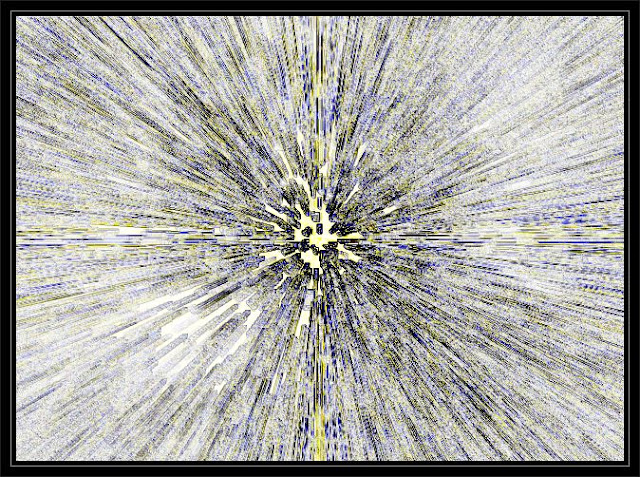12/8/12
Triadic Philosophy -Ethics and Destiny A Brief Meditation
Union Theological Seminary - How looking back reveals a sense of implacable rebellion
Subscribe to:
Posts (Atom)
-
A Setting for a Poem "Denial" Beloved by the Greek People by the Nobel Prize Winning Poet Giorgos Seferis http://www.youtube.c...
-
Japan tsunami debris expected on Alaska shores soon: Earthquakes | Alaska news at adn.com : "Debris from the March 11 Japan tsunami has...
-
Chicago magazine | What Happened Between David Protess and Medill? : Apparently still untangling or tangling depending on your POV. Global O...



